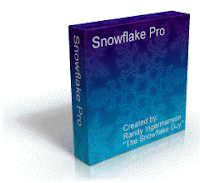- Between you and the reader
- Between the reader and the subject or characters
- Between you and the editor
- Between you and your agent
- Between you and other writers
If you think about it you'll see it's true. With writing, like first dates, the first impression counts. When you write your first line is your first impression and many times it determines whether or not your reader will go any further in the relationship.
Mistake Number One
One mistake we make is in how we present our story (in fiction-especially book length). We've all met people who try to give us their life story in the first thirty seconds we meet. It's not comfortable and I often find myself running for the exit. This was illustrated in a popular episode of the TV show Seinfeld. Does anyone remember the 'Close Talker' episode? Sometimes we open our novels with too much information and we overwhelm the reader. There's a term for this, backstory.
Mistake Number Two
Another first date mistake we make in writing is in non-fiction. We've all met the person who exaggerates everything. It's hard to take anything they say at face value. I've actually found myself looking outside, if this type of person says it's sunny, just to verify the truth. We can come across that way in articles and non-fiction books if we aren't careful about where we get our facts. It takes time to do in depth research, but the reputation you'll have as a writer is priceless.
Mistake Number Three
The last mistake we sometimes make is the blind date. Now, I know there are exceptios to the rule, but generally blind dates don't end well. It also doesn't end well for us as writers if we don't know our audience. We have to take time to know who our audience is. This is equally true if we're writing books or articles or devotions.
So now it's your turn - how have your relationships with the reader turned out?
Don't forget to join the conversation!
Blessings,
Edie



